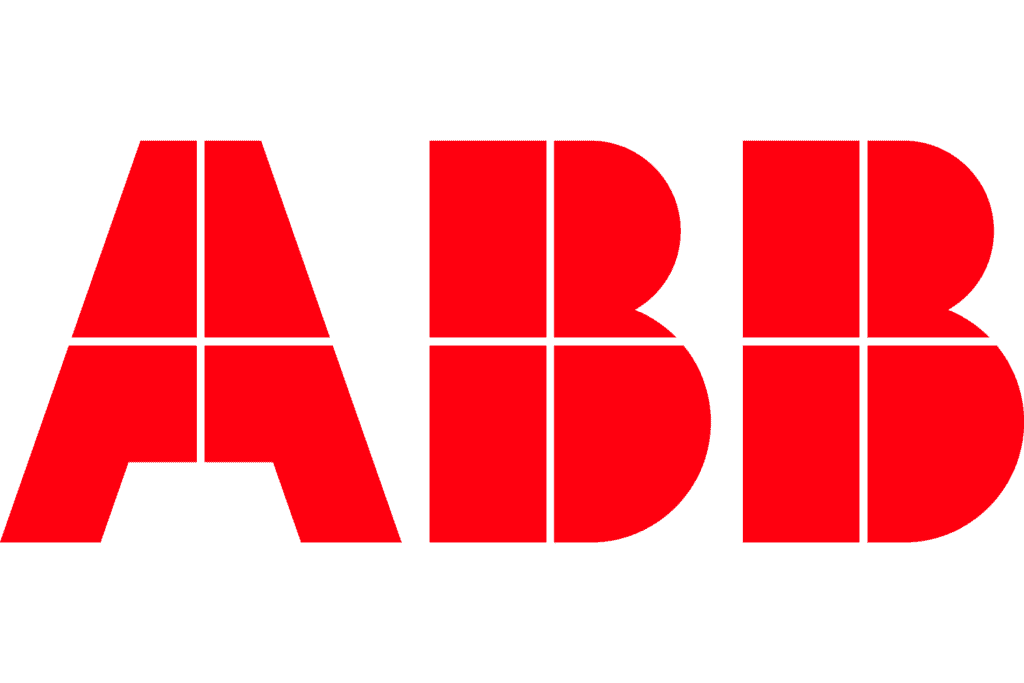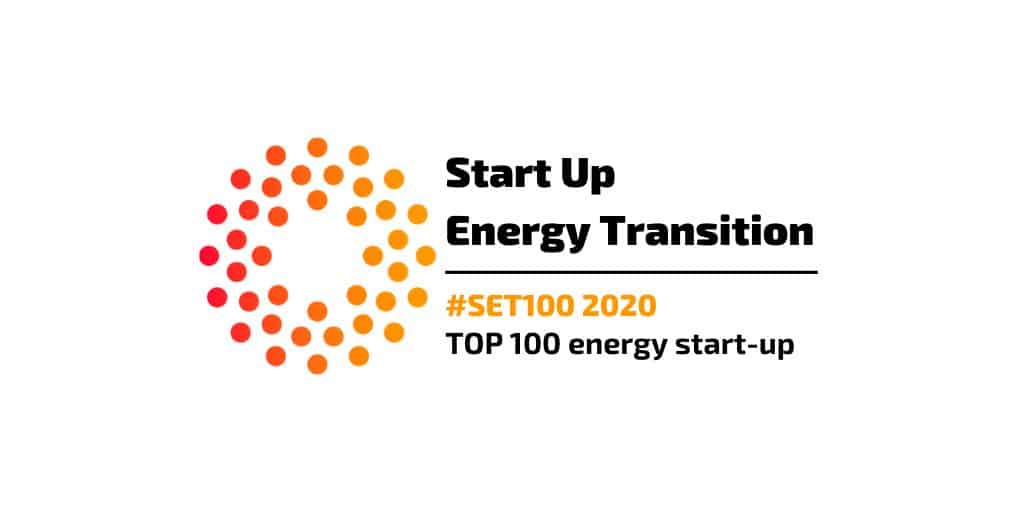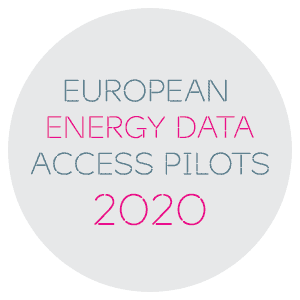14.02.2024

Remote Charging via Official APIs (Mercedes Benz / Tesla Connector)
re.alto has been testing the official APIs from Mercedes-Benz and Tesla and our development team is satisfied with the response from both so far. The new APIs enable near real-time monitoring with a reading every five minutes and offer access to interesting data. This connectivity provides a lot of potential and opportunities when it comes to smart charging and smarter energy management – no smart charge pole is required and using an official or native API means the data obtained is reliable.
Back in November, we published an article on the new EU Data Act, highlighting that the new regulations ultimately mean that OEMS/manufacturers in the European Union must make the data of their appliances available to the user for free in a machine-readable format (ie: an application programming interface to extract or share data). Manufacturers therefore need to build interfaces to give consumers (or companies) the opportunity to download or read this data. Some OEMs are ahead of the game, with car manufacturers Mercedes-Benz and Tesla offering access and already making a remote control function available over their official APIs.
A remote connection to the electric vehicle is also important for charging-related use cases. Most people want the comfort to charge their EV at home, yet an EV adds a significant peak load to the household installation. Load balancing, optimised solar consumption, dynamic rate charging: most of these features require the installation of a smart charge pole. A smart charge pole easily mounts to 1000€ above a regular one. That is where remote charging can be a game changer. Remote charging can help these consumers save money while increasing comfort in use cases such as smart charging or obtaining data from the car to help their employer reimburse their transport expenses.
The APIs will also allow us to control EV charging to a certain degree with the aim to be able to stop and start charging the vehicle on command. This opens the potential to optimally schedule the charging of the EV, so that the consumer is only consuming energy at the time when it is most cost-efficient to do so. Our developers tested this function and saw that, in most cases, the vehicle responds to the command to stop or start charging in less than a minute. This is certainly impressive and will enable interesting new use cases as a result, especially for those with a dynamic energy tariff and those harnessing solar power – however, we will delve into these use cases in more detail soon.
We expect it to be a major game changer that car manufacturers are now enabling this remote control function via an official API, and with the EU Data Act demanding that users be given access to data, it won’t be long until more OEMs follow suit and make data available via official channels.












